Can Cataract Surgery Cause Dry Eyes?
After cataract surgery, you might be celebrating the clouds finally clearing, only for dry eye to rain on your parade.
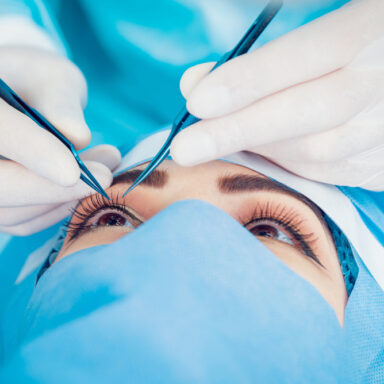
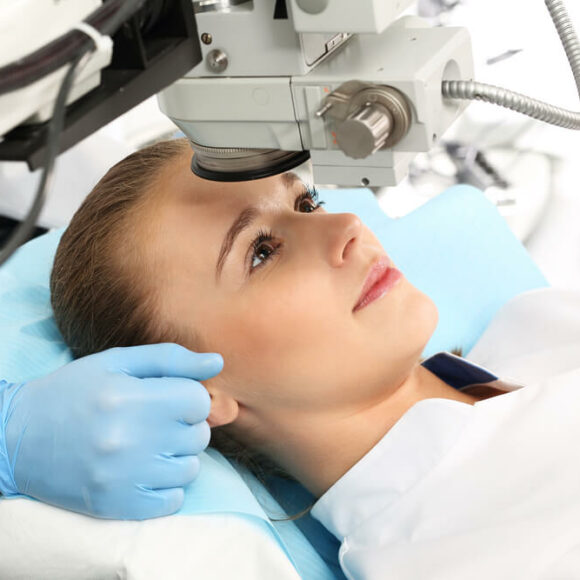
Most people experience dry eyes after cataract surgery and after LASIK surgery (also known as laser eye surgery), as well as eyelid, glaucoma, retina, cornea or squint surgeries.
In fact, studies show that 95% of people who underwent LASIK surgery and more than 87% of people who underwent cataract surgery had symptoms. The good news is, for most people, symptoms improve after a few months and are usually gone by 6 – 12 months. 48
You also have plenty of options to find relief while you’re going through it.
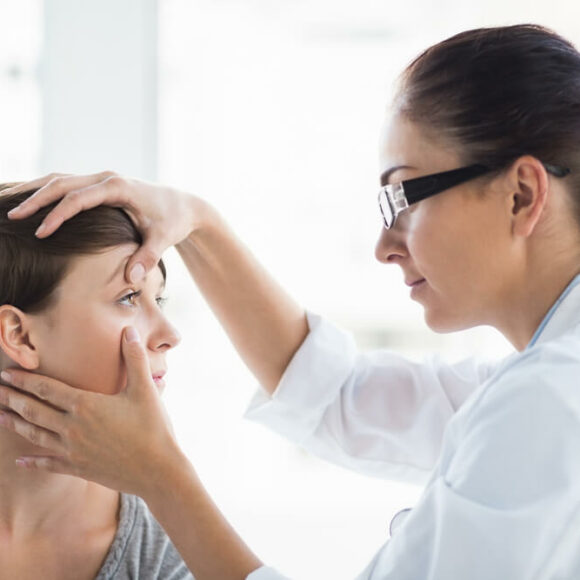
Before you have your surgery, it’s a good idea to speak to your surgeon about dry eye particularly if you think you may be at higher risk or if you already experience symptoms.
Your surgeon will normally perform a screening before your surgery to make sure that, if you do have dry eye, it won’t affect the recovery after the operation. If your symptoms of dry eye are severe, they may offer you an alternative surgery.
Afterwards, you may be given some eye drops, such as Cationorm or Ocutears, to help lubricate the eyes, treat any dry eye symptoms, and help your eyes heal.
After surgery, inflammation can lead to dry eye. Eye drops can help but some contain preservatives which can in themselves cause inflammation – ask for a preservative free option.
Using a treatment to moisturise the eyes, such as eye drops, can help reduce symptoms of dry eyes after surgery. Be sure to speak to your surgeon about this before your surgery.
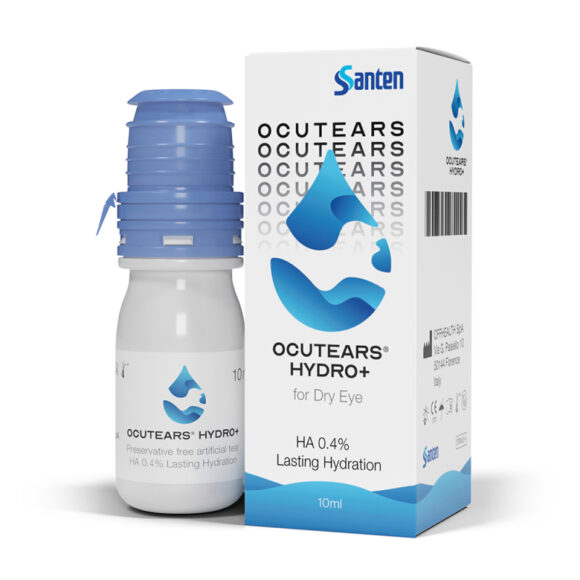
Ocutears Hydro+ eye drops provides long-lasting hydration and relief from sore, stinging, gritty, tired, heavy or watery eyes caused by dry eye. Always read the label.
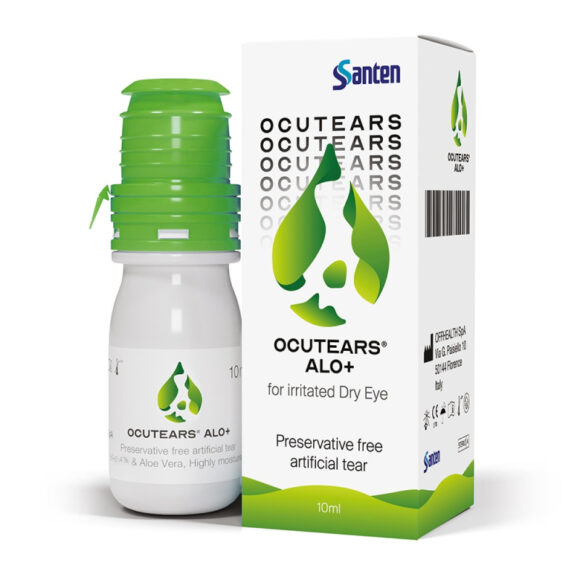
Ocutears Alo+ eye drops with aloe vera relieves symptoms of red, irritated and sensitive eyes for prolonged freshness and long-lasting comfort.
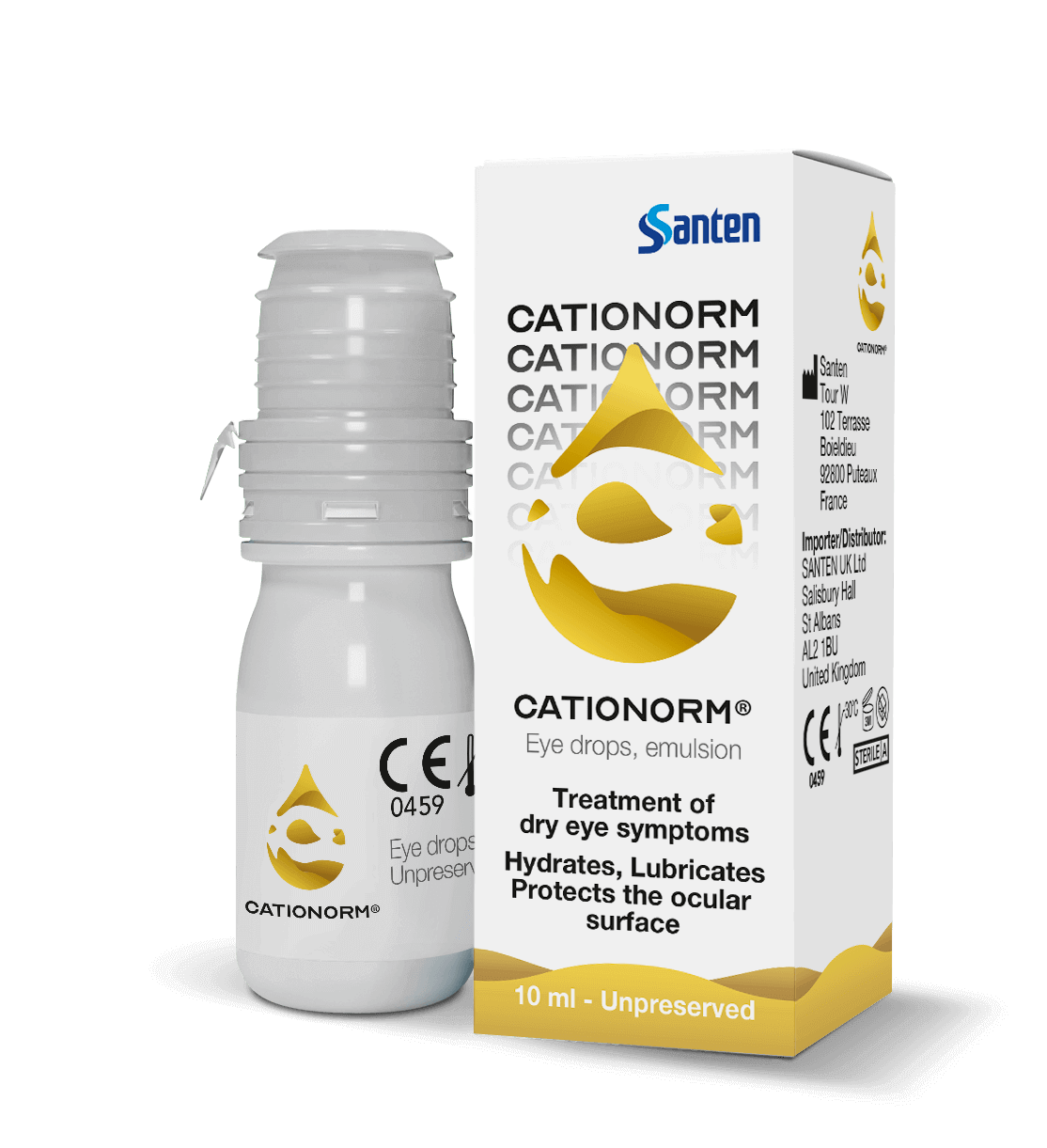
Cationorm® is a first-of-a-kind eye drop that acts like the body’s natural tears to provide long-lasting relief from the uncomfortable symptoms of dry eyes. Always read the label.
Always read the label
After cataract surgery, you might be celebrating the clouds finally clearing, only for dry eye to rain on your parade.
